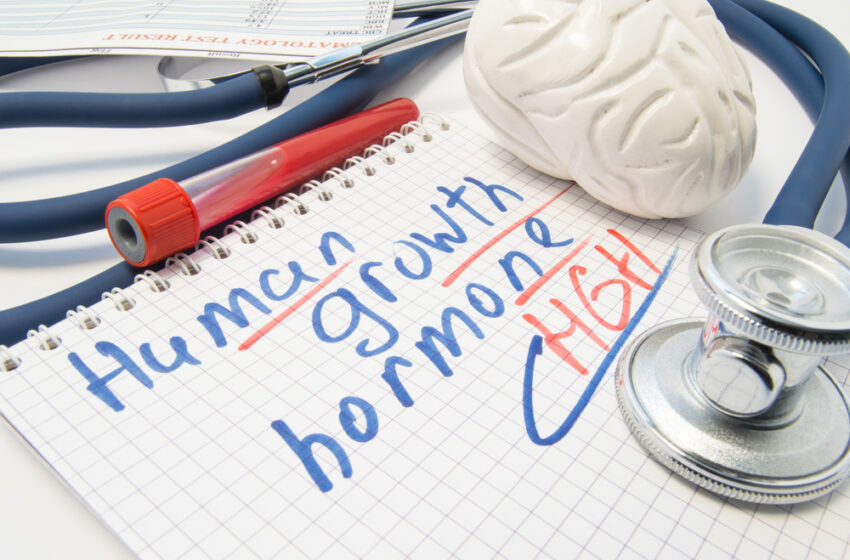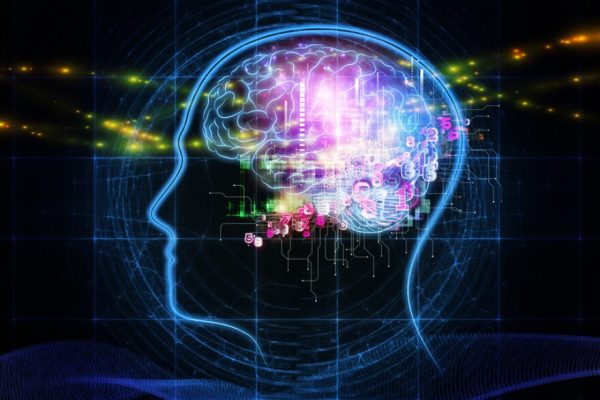Human growth hormone (HGH) is vital for the growth and development of our bodies. It helps to regulate cell reproduction and growth, as well as bone and muscle development. Growth hormone levels naturally decline as we age, which can lead to a number of health problems including decreased muscle mass, increased body fat, and reduced bone density. However, HGH replacement therapy can help to counteract these symptoms of deficiency.
Unfortunately, HGH is a controlled substance, which means that it can’t be obtained without a prescription. In many cases, patients must undergo physical and medical evaluation processes in order to be approved for legal treatment.
However, the benefits of HGH replacement therapy can be significant, making it worth the effort for many patients. With proper treatment, patients can experience improved energy levels, increased muscle mass, and enhanced well-being.
Why would a doctor prescribe HGH?
There are several reasons why a doctor might prescribe HGH therapy such as sarcopenia, Turner syndrome and adult growth hormone deficiency. Candidates for HGH therapy must be carefully screened to ensure that they will benefit from the treatment and that there are no underlying medical conditions that could cause complications.
A number of different types of doctors can prescribe HGH, including endocrinologists, pediatricians, and general practitioners. In most cases, patients must first undergo physical and medical evaluations in order to be approved for treatment.
Every doctor will tell you about the potential benefits and risks of HGH therapy. They will also explain how to get HGH legally and avoid side effects during the treatment. Also, don’t hesitate to ask your doctor any questions you have about HGH therapy.
Process of getting HGH prescription
The first step is to consult with your doctor and explain why you think you might need HGH therapy. Be prepared to answer questions about your medical history and current health condition. Doctors may ask about any previous hormone therapy you’ve undergone, as well as any medical conditions or medications that could interfere with HGH therapy. (camperlife.co) They’ll also ask about your symptoms, which may include fatigue, decreased muscle mass, increased body fat, and reduced bone density.
After that, your doctor will order blood tests and other evaluations to confirm that you have a deficiency in growth hormone. To confirm that you have a growth hormone deficiency, your doctor will order a blood test to measure the amount of insulin-like growth factor 1 (IGF-1) in your blood. IGF-1 is a protein that’s produced in response to growth hormone.
Also, your doctor may order other tests, such as a GH stimulation test or MRI, to rule out other causes of your symptoms. A GH stimulation test involves injecting a man-made form of ghrelin (a hormone that stimulates GH release) and then measuring your GH levels. An MRI can show if you have any abnormalities in your pituitary gland or hypothalamus, which are the parts of your brain that control GH production.
If these tests confirm that you have a growth hormone deficiency, you may be prescribed growth hormone treatment. Once you get a prescription that confirms that you are a candidate for HGH therapy, your doctor will develop a treatment plan.
HGH therapy replaces the missing or deficient hormone in your body, which can help to improve your signs and symptoms and promote normal growth and development. Your doctor will work with you to develop a treatment plan that is right for you. HGH therapy is typically given through injections, and the dosage and frequency of injections will be based on your individual needs.
What are the benefits of legal HGH?
There are many potential benefits of HGH therapy, including increased muscle mass, improved energy levels, and enhanced well-being. HGH can also help to improve bone density, decrease body fat, and increase skin elasticity. In addition, HGH replacement therapy can help to improve sleep quality and mood. However, it is important
HGH therapy can offer a wide range of benefits for adults. These can include improved muscle mass, increased bone density, reduced body fat, and improved mood and energy levels. HGH therapy can also help to improve cardiac function and memory. Most people who undergo HGH therapy will begin to feel the benefits after 3-6 months of treatment.
What are the possible risks of HGH?
There are some potential risks associated with HGH therapy, but they are rare. The most common side effects include mild swelling, redness, and pain at the injection site. Some people may also experience headaches, nausea, and dizziness. (valium)
To minimize the risks of HGH therapy, it is important to work with a doctor who is experienced in prescribing and administering the hormone. In addition, be sure to follow your doctor’s instructions carefully and get regular checkups to monitor your progress.





